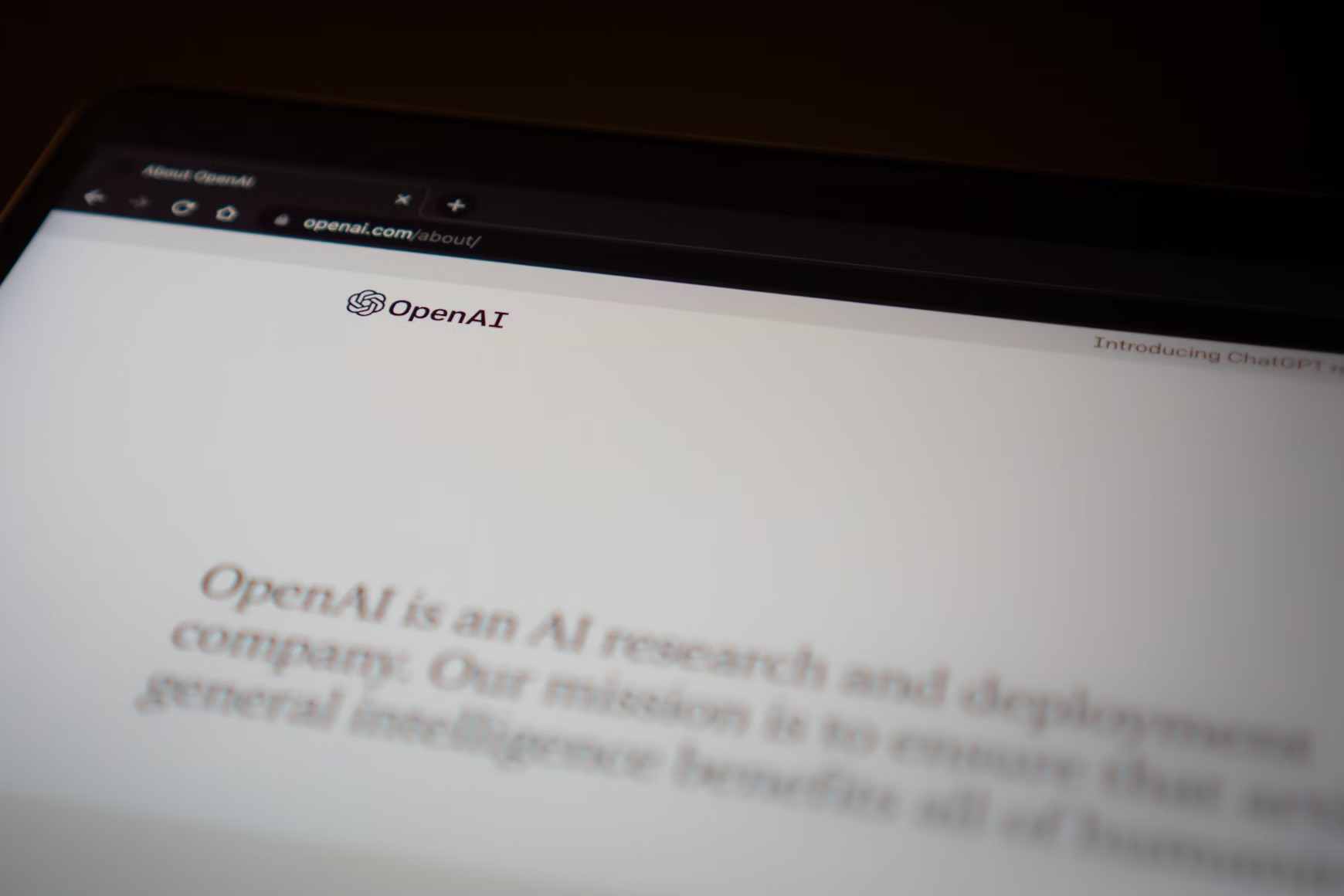
OpenAI announced new parental controls to be rolled out this month, following a lawsuit tied to the suicide of a California teenager who had been engaged in conversations with ChatGPT.
Tragic Case and Legal Action
The move comes after the death of 16-year-old Adam Raine from Rancho Santa Margarita. His parents say he had been using ChatGPT for months, beginning with schoolwork but later discussing his mental health and suicidal thoughts. After his death in April, they filed a lawsuit against the company.
The upcoming parental controls will let parents link accounts, manage or disable features, and receive notifications if the system detects signs of “acute distress.” OpenAI is also expanding its Global Physician Network and adding a real-time router that shifts sensitive conversations to different AI models for more supportive responses.
Safety Concerns and Researcher Warnings
Experts welcomed the effort but cautioned that protections can degrade during long or emotional chats. They argued that while the tools may help, no safeguard is foolproof if AI systems continue to be used as emotional companions.
AI companies have faced growing criticism over safety, especially as young users turn to chatbots for companionship. OpenAI said it feels a responsibility to strengthen its responses during sensitive interactions and is working to refine how its systems handle these situations.
Author’s Opinion
The new parental controls are progress, but they only scratch the surface. Technology can raise alerts, yet it cannot replace real human intervention. Without stronger mental health systems and cultural awareness, no AI safeguard will fully prevent such tragedies.
Featured image credit: Jonathan Kemper via Unsplash
For more stories like it, click the +Follow button at the top of this page to follow us.
